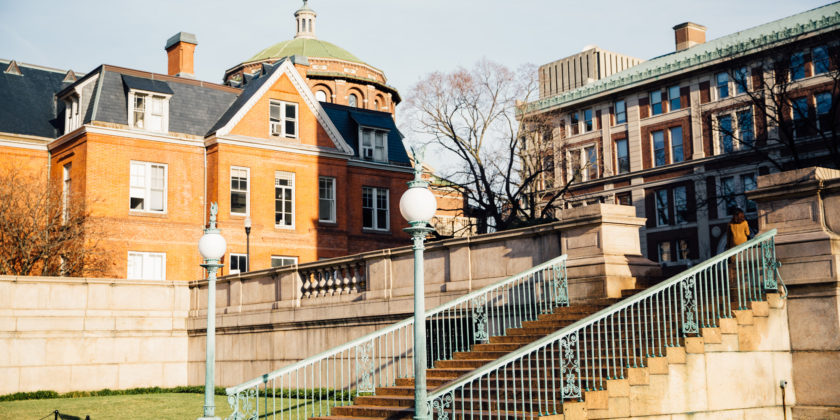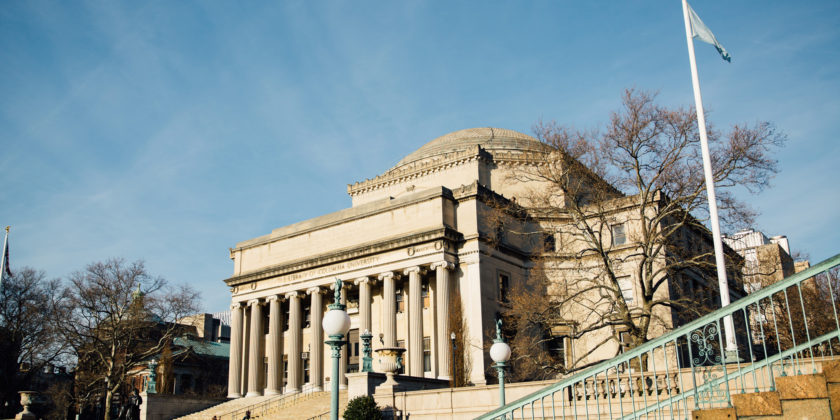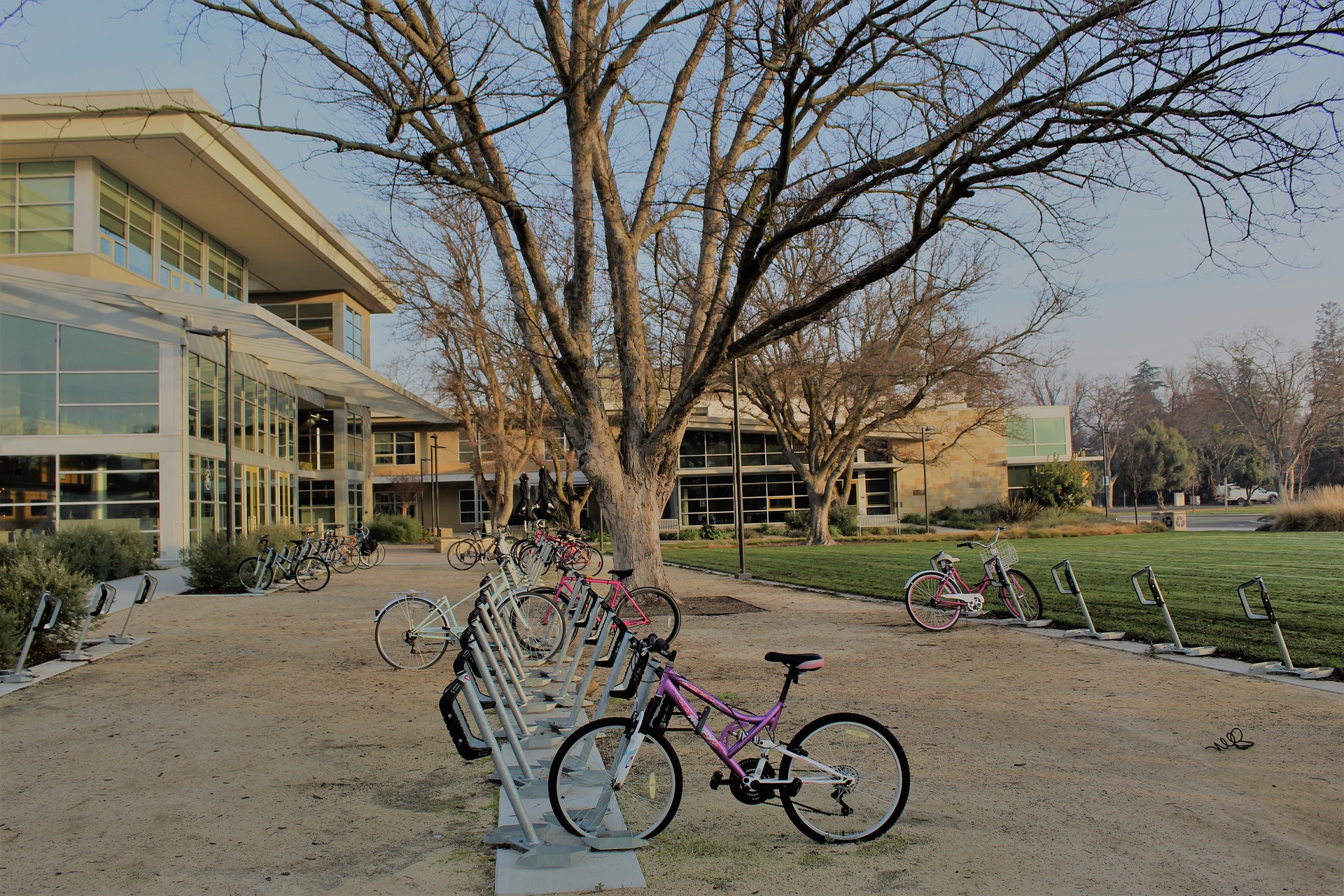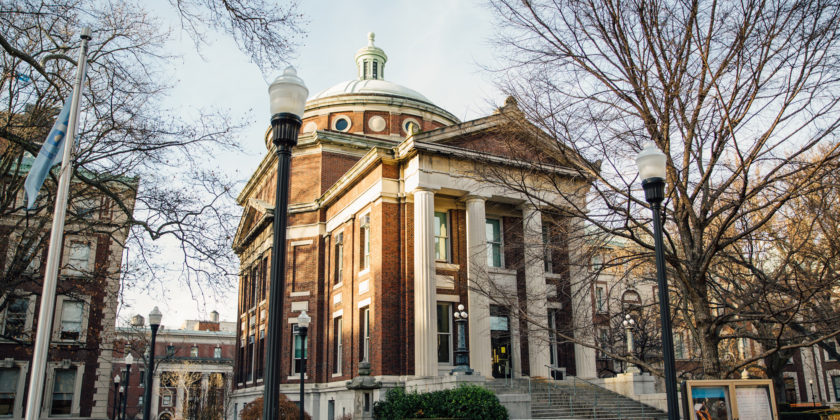Don’t Worry So Much About Where
Like the author of the article I am sharing below — and that I share every year around this time — I was not a perfect student in high school. I similarly credit my “failure” in high school, and rejection by my “dream” college, with leading me to a school that was the best place for me to develop into the student I had the ability to be but couldn’t be as a rebellious teen. Luckily, my parents let me lead in my college admissions process and that also meant accepting the “consequences” of my GPA. I can’t possibly think about where I would be today if it had happened any other way. I never would have learned, what I thought then was the hard way, about what really matters in creating a life (and finding work) with meaning, and becoming an energized and self-directed learner.
Anyway, William Stixrud is the co-author of The Self-Driven Child: The Science and Sense of Giving Your Kids More Control Over Their Lives, with Ned Johnson. Below is an old-ish article in Time that I will never stop posting. I hope you give it a read.
—-
When my daughter Jora was in high school, she went to a talk I gave on the adolescent brain, during which I pointed out that high school grades don’t predict success very well. On the way home, she said, “Great talk, Dad, but I bet you don’t really believe that bit about grades.” I assured her that I did. To prove it, I offered to pay her $100 if she got a ‘C’ on her next report card — in any subject.
We’ve all heard the familiar anxiety-inducing nostrums: That a screw-up in high school will follow you for the rest of your life. That if you don’t get into Harvard or Yale, you’ll never reach the c-suite. That the path to success is narrow and you’d better not take one false step. I have come to think of this unfounded belief system as what we psychologists call a “shared delusion.”
So why don’t we tell our kids the truth about success? We could start with the fact that only a third of adults hold degrees from four-year colleges. Or that you’ll do equally well in terms of income, job satisfaction and life satisfaction whether you go to an elite private college or a less-selective state university. Or that there are many occupations through which Americans make a living, many of which do not require a college degree.
I am not against being a good student, and there are clear advantages to doing well in school. But you don’t need to be a top student or go to a highly selective college to have a successful and fulfilling life. The path to success is not nearly so narrow as we think. We’ve all heard the stories of the college dropout who went on to found a wildly successful company. I myself was a C+ student in high school who flunked out of graduate school. At one point I went for 20 weeks without turning in a single assignment. (I often tell the underachievers I see in my practice: “Top that!”) Long story short, I managed to do pretty well in life, and I credit my failure in graduate school with leading me to a career more in line with my skill set.
The problem with the stories we’re telling our kids is that they foster fear and competition. This false paradigm affects high-achieving kids, for whom a rigid view of the path to success creates unnecessary anxiety, and low-achieving kids, many of whom conclude at a young age that they will never be successful, and adopt a “why try at all?” attitude. Many of these young people engage in one of the most debilitating forms of self-talk, telling themselves either, “I have to, but I can’t,” or “I have to, but I hate it.”
Why do we encourage our children to embrace this delusional view of what it takes to be successful?
I’ve asked various school administrators why they don’t just tell kids the truth about college — that where you go makes very little difference later in life.
They’ll shrug and say, “Even if we did, no one would believe it.” One confided to me, “We would get angry calls and letters from parents who believe that, if their children understood the truth, they would not work hard in school and would have second-class lives.”
Many adults worry that if their kids knew that grades in school aren’t highly predictive of success in life, they’d lose their motivation to apply themselves and aim high. In fact, the opposite is true. In my 32 years of working with kids as a psychologist, I’ve seen that simply telling kids the truth — giving them an accurate model of reality, including the advantages of being a good student — increases their flexibility and drive. It motivates kids with high aspirations to shift their emphasis from achieving for its own sake to educating themselves so that they can make an important contribution. An accurate model of reality also encourages less-motivated students to think more broadly about their options and energizes them to pursue education and self-development even if they aren’t top achievers.
Children are much more energized when they envision a future that is in line with their own values than when they dutifully do whatever they believe they have to do to live up to their parents’ or teachers’ or college admissions boards’ expectations. We don’t inspire our kids through fear. We inspire them by helping them to focus on getting better at something, rather than being the best, and by encouraging them to immerse themselves in something they love.
So if you want your kids to succeed in life, don’t perpetuate a fear-based understanding of success. Start with the assumption that your children want their lives to work. Then tell them the truth: That we become successful by working hard at something that engages us, and by pulling ourselves up when we stumble.
*Stay in the know! Subscribe*







